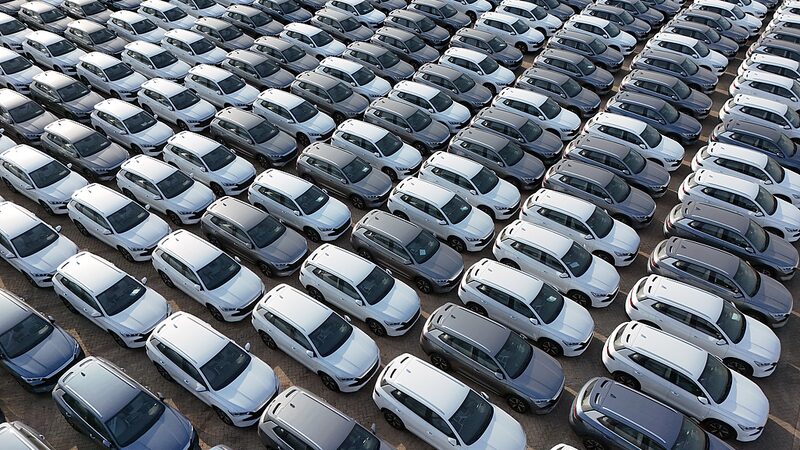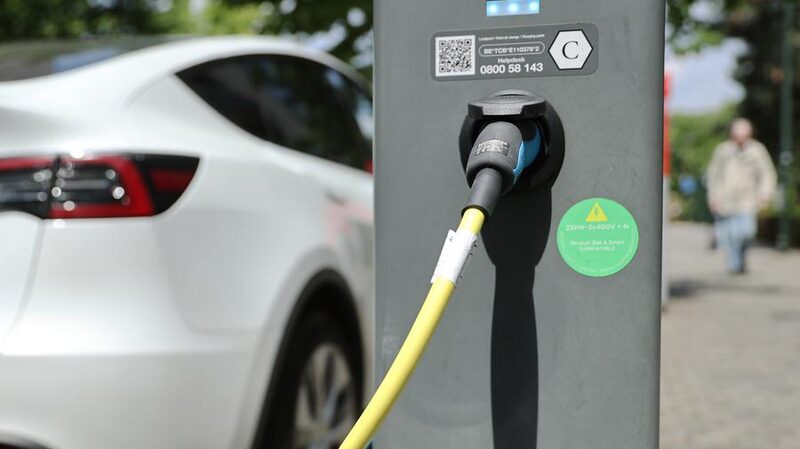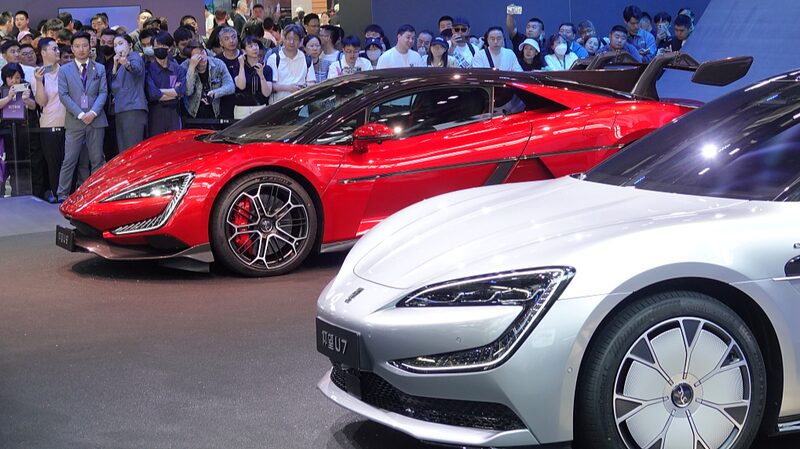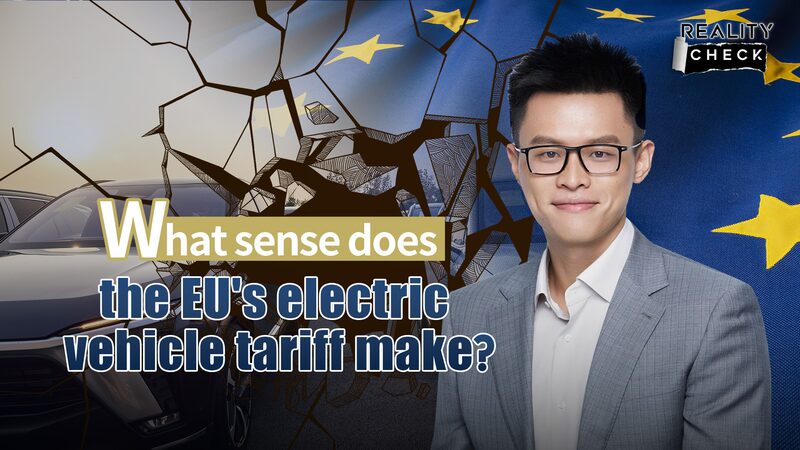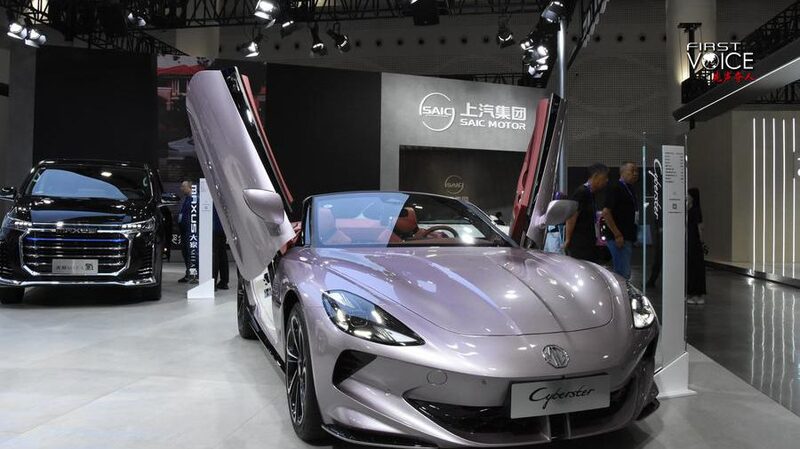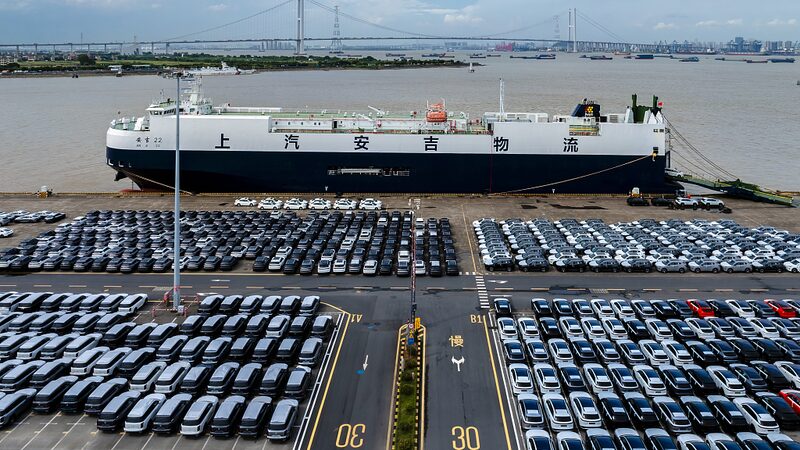The European Commission is poised to impose countervailing duties of up to 35.3% on electric vehicles (EVs) imported from the Chinese mainland, in addition to the European Union’s standard 10% tariff on imported cars. While EU countries did not oppose the move in the October 4 qualified majority vote, many experts believe these duties are a strategic misstep that could harm EU citizens and the European automotive industry more than they help.
Chinese-made EVs, including those produced in joint ventures with EU and U.S. carmakers, have rapidly advanced to match world quality standards while offering much lower prices. This competitive edge stems not from significant subsidies—which play a minor role—but from vast economies of scale, lower labor costs, technological advances in battery production, intense competition among over 100 China-based producers, and early-mover advantages in the EV market.
By producing 60% of all EVs globally, the Chinese mainland has leveraged its manufacturing capabilities to drive down costs and enhance technology. Imposing high duties on these vehicles could limit access to affordable, high-quality EVs for European consumers, slowing the EU’s transition to cleaner transportation and undermining environmental goals.
Moreover, retaliatory measures could ensue, disrupting the delicate balance of international trade. European automakers could face barriers in the Chinese market, one of the largest and fastest-growing in the world. Such a scenario might lead to a contraction in the European automotive sector, loss of jobs, and diminished global competitiveness.
Instead of imposing duties, experts suggest that the EU should focus on fostering innovation, investing in its own EV industry, and collaborating internationally to advance technology and sustainability. Building strategic partnerships and encouraging healthy competition could better serve the EU’s economic interests and global environmental commitments.
As the debate continues, the EU faces a critical choice: adopt protectionist measures that may offer short-term relief but long-term challenges, or embrace strategies that promote growth, competition, and cooperation in the rapidly evolving global EV market.
Reference(s):
cgtn.com
